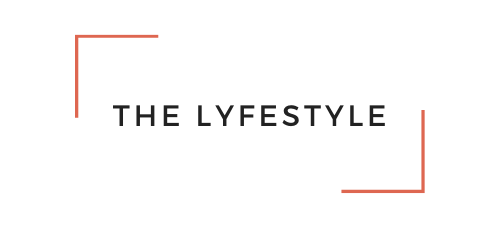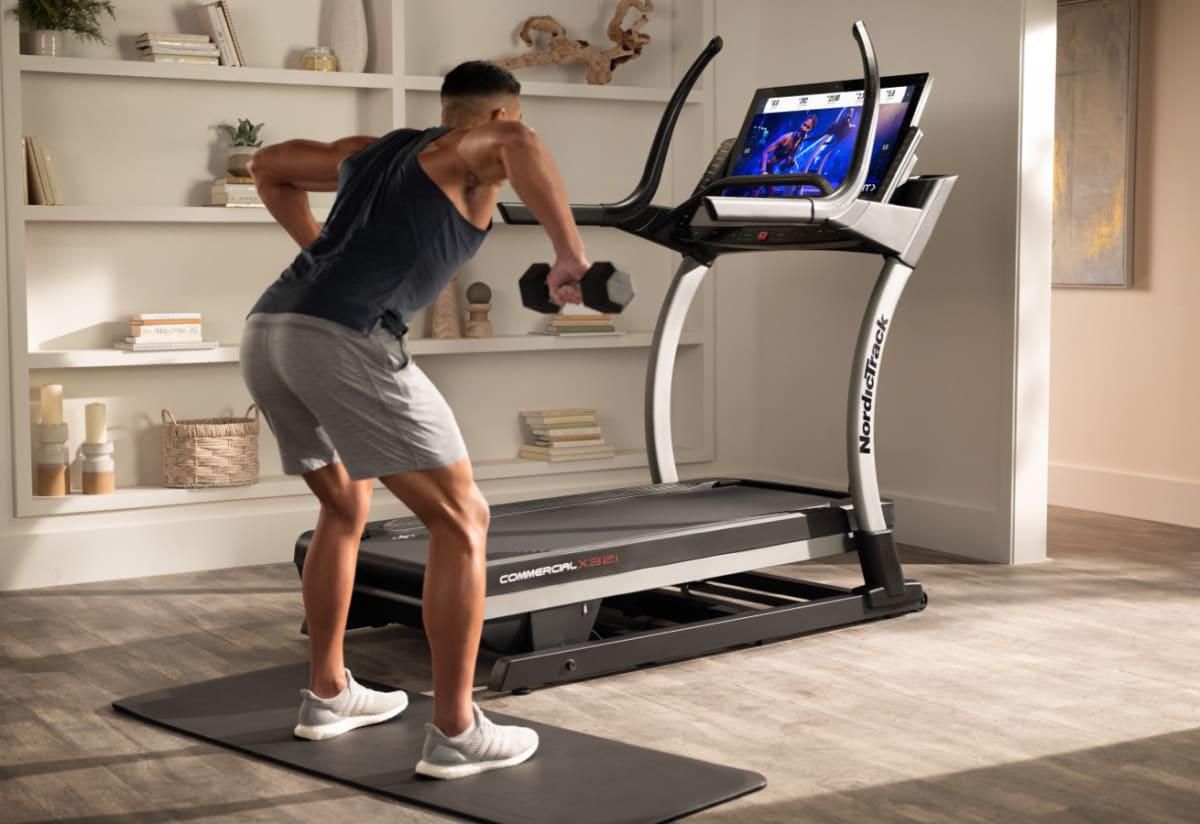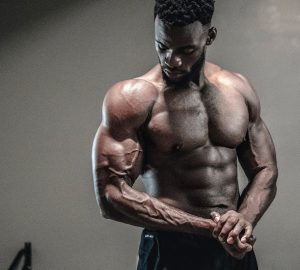A question that comes up a lot is ‘what and when should I eat before my workout?’
The timing and composition of your nutrition can make huge differences to your athletic performance. Understanding how to fuel your body is important for everyone – whether you are an elite athlete or if you just want to be healthy enough to run around with your kids.
You want to make sure you’re fueling your body with the nutrients it needs to get the work you’re about to do done. However, you don’t want to risk feeling crampy, bloated, and nauseous. So where is that line? It can sometimes take athletes years to find the optimal pre-workout nutrition that works for them and their sport. This is because nutrition is highly individual. A good pre-workout snack for one person might cause indigestion in another person. Likewise, some people prefer not to have anything to eat within a couple hours of exercise, however other people need that quick pre-workout snack within an hour of exercising. This inter-individual variability can make it hard to give blanket recommendations as you need to play around with what works for you. However, there are general guidelines that we suggest for everyone to help you get started.
There are two main strategies for fueling your body before your workout:
1. Eating >2 hours before exercise. You can make sure you’re giving your body the fuel it needs by simply eating a well-balanced meal 2-3 hours before your workout consisting of complex carbohydrates, healthy proteins, healthy fats, foods high in antioxidants such as vegetables, and water.
- For example a meal of fish, quinoa or rice, with some sweet potato and other veggies.
- Or for breakfast you could have simple oatmeal and banana, topped with nuts, berries, and nut butter.
- Healthy pancakes are also a great way to get some good carbohydrates and protein to start your day. You can mix up one mashed banana mixed with 2 eggs and enough oat flour to thicken the batter to your liking. Top with natural nut butter for an added protein boost.
Protein will help preserve your muscle mass and ensure there are amino acids in your blood when your muscles need them. Carbohydrates will help fuel your muscles and preserve your muscle and liver glycogen stores on which your body will draw during the workout. Healthy fats help transport fat-soluble vitamins and can help manage the inflammatory process.
Another really important thing that people often forget is water! Water helps transport carbohydrates, vitamins, minerals and other nutrients to your cells to make energy. So dehydration slows down the delivery of all these nutrients. Drinking water before your workout will help you perform at your best, especially if it’s first thing in the morning as you’ll be naturally dehydrated from the night before.
2. Eating <1 hour before exercise. If you’re someone who needs to eat closer to your workout, you can have a small snack 30-60mins before. Your pre-workout snack should be no more than a cup in volume and should be carbohydrate-centred, because carbohydrates are easily turned into sugar in the blood. The starchy snack should be easily digested and convenient.
- E.g. fresh fruit, oatmeal and banana, mashed sweet potatoes, applesauce, rice crackers with hummus, and squash.
- A pre-workout smoothie is an excellent option, as the blender breaks down the foods, making them easier to digest and absorb.
- A simple recipe is banana oat balls. Simply mash a banana with 1 cup of oats and form little balls. Bake for 15 minutes at 350 degrees F.
In general you want to avoid high-protein foods within an hour of working out, as protein takes too long to digest to be beneficial. The exception to this rule is branched-chain amino acids (BCAAs). Unlike all other amino acids, which must be processed by your body before being used as energy, BCAAs can be used as fuel during exercise. You could consider having a BCAA solution less than an hour before or during exercise to boost performance. These have been shown not only to delay time to fatigue during exercise but also to help prevent muscle breakdown while working out.
If you’re working out first thing in the morning, you can eat on an empty stomach. However, it depends on what type of workout you’re doing. Something like a short jog or yoga practice can be done on an empty stomach. However, if you’re going for a 20km run, you probably need a little bit more in your stomach before you head out to make sure you have enough nutrients in your blood and muscles to fuel your workout. If this is the case, either set your alarm earlier to make sure you have time to eat a snack 30-60 minutes before you head out, or you can bring a simple carbohydrate snack or homemade sports drink with you if you’re going to be exercising for more than an hour (more on this later!). Remember, if you choose to workout on an empty stomach, it’s still important to hydrate!
Remember that your pre-workout nutrition is important to make sure you feel energetic and awesome during your workout, however having a balanced diet consisting of whole, non-processed foods on a daily basis is equally if not more important for optimal health. Prioritize good nutrition every day, and not just on the days you’re working out.
AUTHOR BIO
Greg Wells is the CEO and founder of Wells Performance, a global consulting firm on a mission to elevate how we live our lives at work and in life. He has worked with some of the highest-performing individuals on the planet, including Olympic and world champions and elite organizations including General Electric, BMO, Deloitte, KPMG, BMW, Audi, Sysco Foods, YPO and Air Canada. He is also committed to inspiring children and young adults, working with school boards and independent schools around the world.









